Leading a faith community is often as emotionally complex as it is spiritually meaningful.
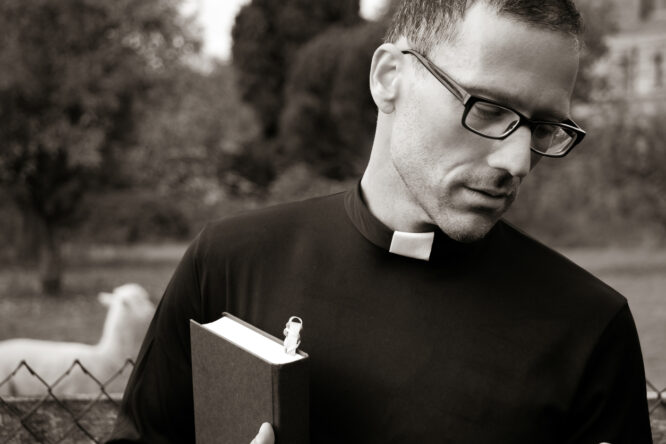
Behind the sermons, pastoral care, and public roles, there are things many faith leaders wish they could say out loud but often don’t, out of respect, diplomacy, or fear of being misunderstood. These thoughts aren’t based in frustration or judgement. They’re about honesty, boundaries, and the human side of spiritual leadership that doesn’t always get seen. We spoke to several religious leaders to hear their thoughts, and this is what they had to say.
1. I’m not spiritually perfect just because I lead.
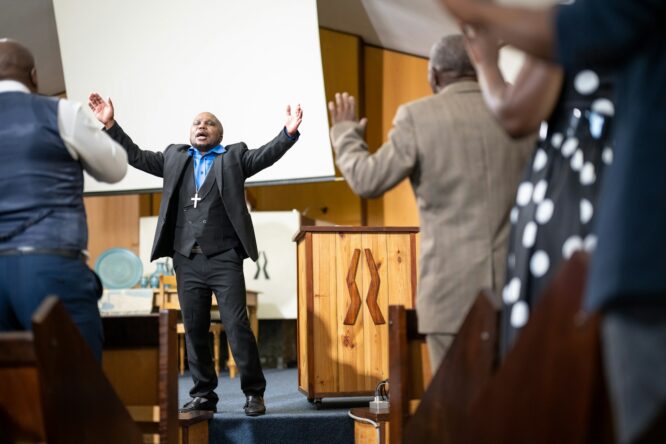
There’s a quiet expectation that faith leaders should always be calm, centred, and certain, but that’s not reality. Most struggle with doubt, fear, and exhaustion just like everyone else. Being in a leadership role doesn’t mean having all the answers. It means being committed to the process, even when it’s messy, unclear, or personally challenging.
2. I don’t have the capacity to be available to everyone, all the time.
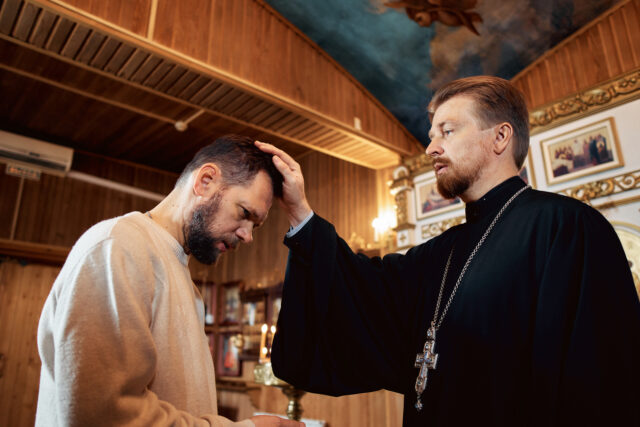
It’s hard to explain how emotionally draining it can be when you’re constantly expected to show up, listen, and help, often without breaks. People mean well, but they don’t always see the full weight that comes with being constantly “on.” Sometimes a slow reply or a quiet season isn’t a lack of care — it’s just human limits. Leaders need space to breathe, reflect, and reset too.
3. Your life falling apart doesn’t mean your faith is weak.

When people go through hard times, they often feel ashamed or think they’re failing spiritually. It’s heartbreaking to see someone question their worth because life isn’t going smoothly. Struggle isn’t a sign that you’re doing faith wrong. It’s usually where the deepest transformation begins, even if it feels like chaos at the time.
4. I can’t carry everyone’s pain, even though I want to.

Hearing about grief, trauma, and crisis every week takes a toll. It doesn’t mean leaders don’t care; it means they’re human, and sometimes the emotional weight becomes overwhelming. There’s guilt in admitting that. But no one can hold all of it alone, and pretending to do so helps no one in the long run.
5. Faith communities can be both healing and deeply hurtful.

Most people want to believe that their spiritual community is a place of safety. However, sometimes, it isn’t, and leaders often see this up close more than they’d like to admit. It’s hard to watch someone get hurt by the very place that’s supposed to uplift them. Acknowledging that doesn’t mean giving up on the community. It means being honest about what needs to be healed within it.
6. I’m not here to fix you.

People often come looking for solutions — spiritual, emotional, practical — and sometimes expect instant answers. The thing is, a faith leader isn’t a fixer. They’re a guide, a witness, a companion on the journey. The real work of healing, change, and growth comes from within. All a leader can do is help hold the space while that happens.
7. Your doubts don’t scare me.
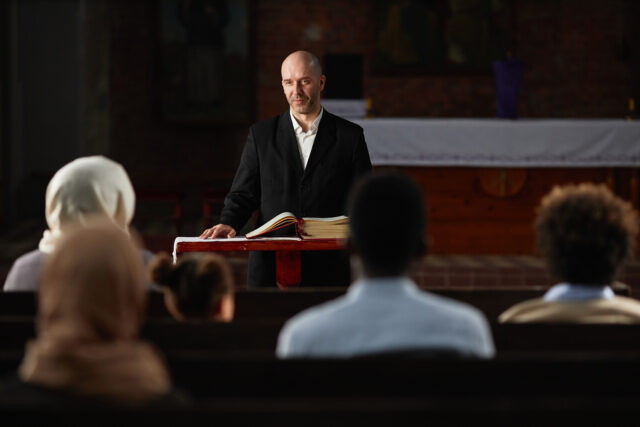
Some people hesitate to share their questions, as if voicing them will disappoint or offend. But most faith leaders have heard it all, and many wrestle with those same questions themselves. Doubt isn’t dangerous. It’s often a sign that someone’s faith is alive and evolving, not stagnant. That kind of honesty can deepen faith more than any certainty ever could.
8. I notice when people only show up when they need something.

It’s part of the job to support people in crisis, but it can hurt when someone disappears for months or years, then suddenly returns expecting immediate help, without any relationship or reciprocity. It’s nothing to do with keeping score. It’s about feeling like more than a vending machine for spiritual support. Faith communities thrive when they’re built on mutual connection, not just need.
9. I don’t always feel connected when I’m leading worship.

People often assume that standing at the front means feeling inspired, connected, and full of spiritual energy. However, sometimes, leaders feel distracted, drained, or emotionally distant, even in sacred spaces. Leading worship is often about showing uup,regardless of how you feel. The real connection isn’t always loud or emotional; it’s in the quiet commitment to keep showing up, even when it’s hard.
10. I need encouragement, too.

Faith leaders spend a lot of time encouraging other people through sermons, support, or one-on-one chats. Sadly, though, they rarely hear, “You’re doing a good job” or “That really helped me.” Spiritual leadership can be isolating. A small word of affirmation can go a long way in reminding them that their work matters and is seen.
11. I’m not the only one responsible for your spiritual growth.

It’s easy to assume the faith leader holds the keys to your growth, transformation, or connection to something bigger, but they’re just one part of the picture. Your own effort, reflection, and engagement matter just as much. Spiritual development is a shared journey, not something one person can hand to another.
12. The pressure to please everyone is exhausting.
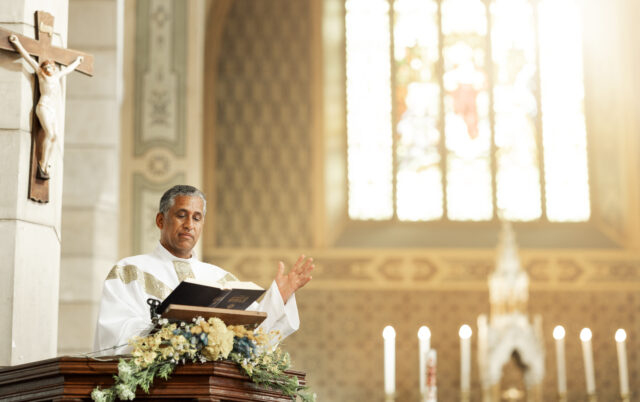
In any community, there are competing opinions, preferences, and personalities. Trying to keep everyone happy can leave a leader feeling pulled in every direction, and like they’re always disappointing someone. Faith leaders aren’t trying to be difficult when they set boundaries or say no. They’re just trying to stay sane while leading with integrity instead of people-pleasing.
13. Sometimes I wonder if I’m in the right place.

Even the most committed leaders have moments of doubt. Whether it’s burnout, frustration, or feeling like their efforts don’t matter, the question “Should I still be doing this?” comes up more often than people realise. They’re not thinking of giving up. Sometimes they just struggle with being human in a role that demands constant giving. A little grace goes a long way when someone’s holding more than they show.
14. I love this work, but I need rest, too.
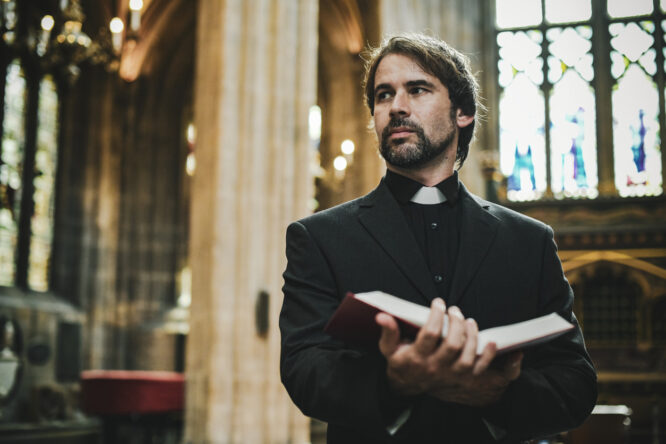
There’s deep meaning in serving other people spiritually, but that meaning doesn’t erase the need for rest, quiet, and personal time that isn’t about anyone else’s needs. Taking breaks or pulling back now and then doesn’t mean a leader is losing their passion. It means they’re trying to protect it, so they can keep showing up with honesty, energy, and heart.




